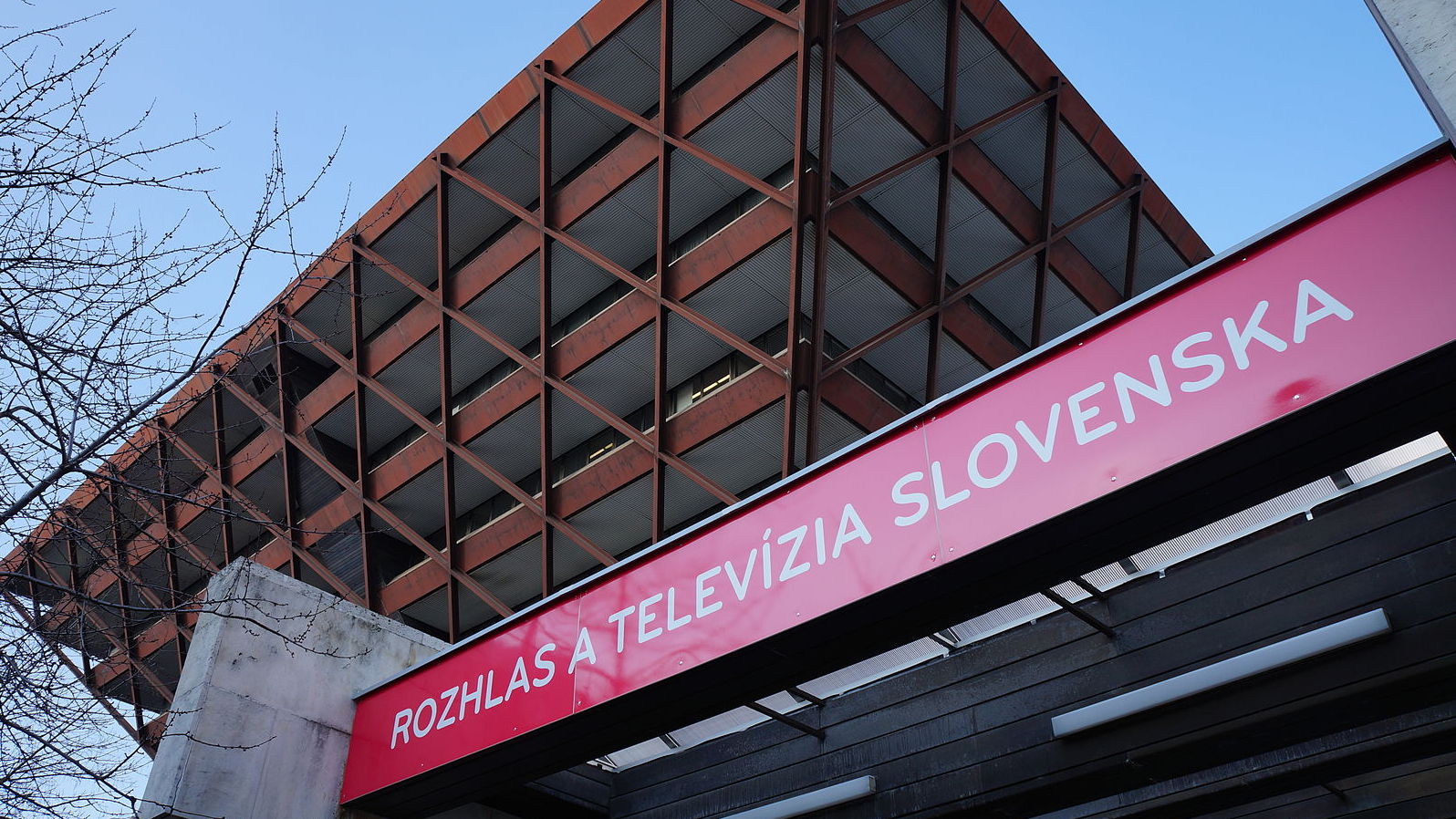
The European Commission has expressed regret over Slovakia dissolving its Special Prosecutor’s Office without safeguards to ensure the continuity of criminal investigations in the country. The office was officially dissolved on March 20 after its dissolution was approvedin a fast-track procedure by the Slovak parliament, despite nationwide protests. Thousands of protesters gathered in front of the parliament building in Bratislava on Feb. 7, with mobilizations also held that day in 30 other Slovak cities and towns.
Slovak Prime Minister Robert Fico proposed to dissolve the Special Prosecutor’s Office as part of his criminal law reforms in December 2023. The office handled several high-profile cases concerning corruption and organized crime in the country. It oversaw the corruption case against Dušan Kováčik, who had himself been prosecutor general and is now imprisoned. It also indicted Juraj Gedra, Fico’s chief of staff. (Jurist, Euractiv)
Thousands also protested in Slovakia March 15 against a plan by the government to dissolve state-funded media organization Radio & Television of Slovakia (RTVS) in favor of a plan opponents allege would facilitate government propaganda and Russian influence in the country.
The new proposal would create Slovak Television & Radio (STaR), and give the governing administration the power to dismiss the director of the new media organization. The plan was proposed by Minister of Culture Martina Šimkovičová, after Šimkovičová heavily criticizedRTVS for alleged bias against the ruling coalition, the left-populist SMER-SD. The staff of RTVS defended themselves against the accusations, asserting that RTVS is not biased in its programming.
The press freedom organization Reporters Without Borders (RSF) charges that the new plan would violate Article 5 of the European Media Freedom Act (EMFA) which states that directors of public media organizations
…may be dismissed before the end of their term of office only exceptionally where they no longer fulfill the legally predefined conditions required for the performance of their duties laid down in advance by national law or for specific reasons of illegal conduct or serious misconduct as defined in advance by national law.
Opposition political parties Progressive Slovakia and the Freedom & Solidarity Party (SaS) have expressed opposition to the plan, raising concerns over the potential for the proliferation of disinformation and bias in favor of the ruling coalition. (Jurist, Slovak Spectator)
Photo: Wikimedia Commons





New Slovak president is bad news for Ukraine
Populist Peter Pellegrini has been elected president of Slovakia, succeeding the liberal Zuzana Caputova. Pellegrini defeated the pro-Western Ivan Korčok, a former diplomat, with 53% of the vote.
A former prime minister, Pellegrini is an ally of Prime Minister Robert Fico, and shares the PM’s soft attitude toward Russia. Fico and his allies now control Slovakia’s parliament, government, and soon the president’s office.
Slovakia had been one of Ukraine’s staunchest allies before Fico came to power in October on a pledge to halt supplies of Slovak Army military stocks to Kyiv. With Pellegrini replacing Caputova, Ukraine has now definitively lost a voice of support in an EU and NATO capital. (BBC News)
Slovak PM Fico shot in assassination attempt
Slovak Prime Minister Robert Fico was shot multiple times during a meeting in the town of Handlova on May 15, and remains in critical condition. Local media report that the alleged shooter was taken into custody immediately after the attack, naming the suspect as Juraj Čintula, a 71-year-old man described as a “well-known writer” and a supporter of the opposition party Progressive Slovakia.
The party quickly distanced itself from the attack, with its co-founder Michal Šimečka stating: “We share the dismay over today’s assassination attempt on the prime minister. We are concerned about further escalation of tension in society. Therefore, we warn against spreading false information about the shooter. We unequivocally reject any suggestion that he was a member of our movement. There is absolutely no other connection between him and our party or our members. We strongly condemn his atrocious act.” (Jurist)